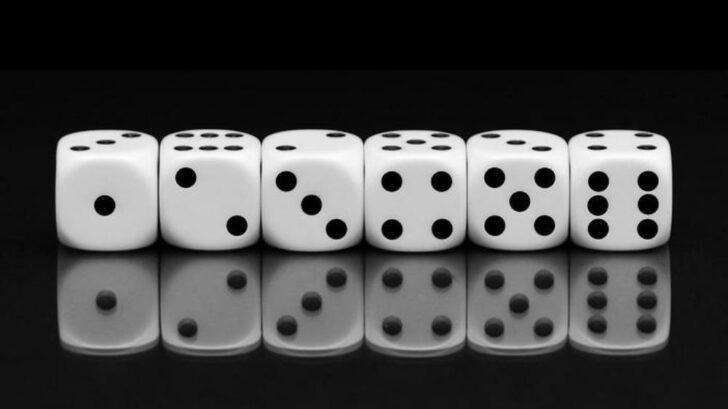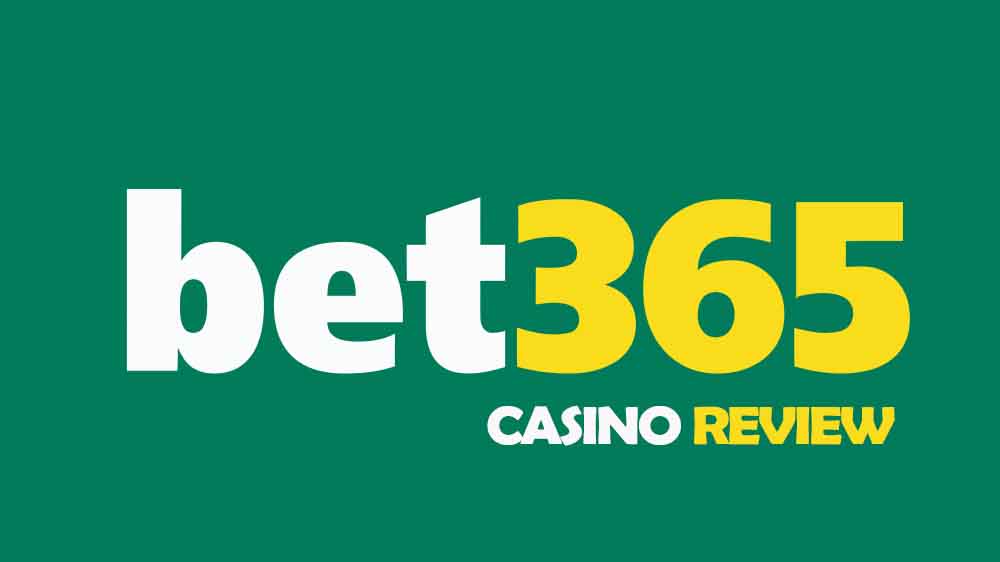Gambling Theory – The Use Of Mathematics To Help You Win

Gambling Theory – Statistics, Information and Probability
It’s no surprise that many people are looking for an edge when it comes to gambling games. To that extent, they have been trying to test different probabilities of games by using mathematics. There is a school of gambling theory which supposes that, by having the knowledge of probability and being able to calculate risk, you will be able to gain an advantage over the casino’s games and increase your jackpot winning chances.
Using the Concept of Interacting Choices
First thing’s first. It’s important to understand what forms the basis of our desire to gamble. In truth, whenever you gamble, whether you win or lose, it’s going to cause the release of dopamine. This is a feel-good neurotransmitter. It’s what makes gambling all the more exciting It’s also what forms the foundation of any decision-making, and as such, forms the basis for gambling theory. It’s important to recognise that the choices you make when it comes to gambling strategies pass through a number of logical development avenues. One of the most important of these is your expression of preference.
The History Of Game Theory in Gambling
For hundreds of years, gamblers have looked to control all the outcomes of games of chance. So much so, that this is often regarded as an enigma. Back in the 16th century, mathematicians started taking an interest in the connection between probability and gambling. Below we’ve listed the most important dates in the historical evolution of gaming theory.
Gerolamo Cardano (1501–1576)
In the mid-1500s, Cardano’s book, “Games of Chance” contained the first mention of the use of probability in gambling. Though we should point out that he was more concerned about finding techniques for cheating.
Christiaan Huygens (1629–1695)
The first mention of “expected value” as a means of identifying the probability of an event and based on average outcomes was first put forwards by Huygens. He performed a number of experiments to test this theory.
Abraham de Moivre (1667–1754)

The analytic probabilist and mathematician, de Moivre, came up with the “Central Limit Theorem.” This served as a cornerstone of future statistics dealing with gambling theory. Probably one of the most famous problems is where two players start with a fixed number of counters. The very essence of the problem is the counting itself, and how it’s solved thanks to his efforts.
Jacob Bernoulli (1655–1705)
Bernoulli proposed the first “Law of Large Numbers.”
Daniel Bernoulli (1700–1782)
This mathematician managed to solve the “St Petersburg Paradox.” This was an enigma in decision theory. It revolves around the probability of being able to calculate the expected payout at the end of each round of a game.
Pierre-Simon Laplace (1749–1827)
Laplace busied himself with both gambling and probability theory. He proposed advanced solutions to many of the day’s gambling problems in his book, “The Analytic Theory of Probability.”
Today, gambling probability theory is the basis of many scientific fields. In fact, even quantum theory is based on probability distribution. This helps theorise the motion of particles on a tiny scale and thereby gives a better understanding of the odds involved. Going back in time, you’ll find that there were many great ancient mathematicians who also played dice. As result, there exists a large volume of work about gambling probability theory that stretches back centuries.
Linking Gambling Theory and Maths
Gerolamo Cardano was one of the first to try his hand at quantifying luck in the 16th century. He proposed the notion of a “sample space” of possible events. For example, he noted that two dice can make 36 combinations. Yet only one of those would be two sixes. It’s often said that his thinking paved the way for new processes involving mathematical study in games of chance.
Below you’ll find listed some of the most important concepts when it comes to mathematics and gambling:
- Understand the Concept: The strategic aspect of decision making
- Motivation: The game theory increases your advantage
- Poker Theory: The theory can have a significant impact
- Blackjack: Reflects upon the efficacy of your strategy
- Eligible Games: Look for games with other players involved
The Rules Of Probability

It’s important to understand the rules of probability apply to all games in the same manner. Technically, this means that you can try and use mathematics to beat any casino system. If you take a look at online casinos, like 22Bet Casino, for example, you’ll see it’s much easier to understand the probability very quickly. Furthermore, you can use mathematics in order to calculate your risk. Having said that, you will find that some versions of games favour mathematics more than others. A good example of this is blackjack.
As you are probably aware, blackjack is one of the most popular games to be found in casinos, whether online or offline. If you’re smart, you’ll be able to use mathematics to your advantage. And by doing so, doing turn an otherwise fun game into something a lot more serious. If you’ve seen the movie “21” about the MIT blackjack team, then you’ll know that some people are able to take advantage. In essence, they utilised gambling theory and card counting as a means of predicting the probability of the next card being a winner.
The Main Principles Of The Theory of Gambling
Over the years many players have tried to utilise the mathematical concepts listed below. It’s no surprise that all players are looking for possibilities to move the odds in that favour. If you make use of gambling theory and other related topics, then you’re introducing new and exciting ways of playing. All of these theories are applicable that both land-based casinos and also online. Below we’ve listed the three most important fundamental principles in gaming theory today.
Gambling Theory: Definite Probabilities
This proposes that all gambling events have absolute probabilities. And these probabilities will depend on the total number of possible outcomes. An example is a dice game. With a sample space of 6, then the odds of landing on any side are simply 1 in 6.
Probability In Gambling

If you’re playing games with a substantial sample space, you’ll find events with smaller probabilities. For example, if you’re playing a five-card jackpot poker, then the possibility of drawing a 4 of a kind is 0.00024. As a player, you probably know that the chance of drawing the rarest of hands, the Royal Flush is even smaller, at a tiny 0.000000154. Being able to estimate the odds of a particular hand is going to be particularly beneficial to a player. It will certainly help guide their gambling choices.
Gambling Theory: Expected Value
Often referred to by the initials of EV, the expected value is the sum of all possible probabilities multiplied by their gains or losses. Because it tells us how much money we might win or lose, it’s a very important gambling theory concept in both casino gaming and sports betting. As a given, you’ll find that all casinos have a negative expectation value in the long run. This is simply because they are a business and need to make money. To that end, when they say the “House always wins”, they mean that the casino will always profit from the players. This is the same for every online casino, including our favurite, 22Bet Casino.
The mathematical answer to many outcomes resides in the contrast between the actual values and the expected ones. As such the EV will indicate just how much a player should expect to win. Many of today’s players are interested in the basic hand values, as well as their EV fluctuations. A good example of this would be looking at the flip of a coin. Let’s imagine it pays out a fixed amount every time it lands on heads. But at the same time, the player takes away the same amount when it lands on tails. The results would be an expected value of 0. This is because the probability of landing a head or tail is equal.
Gambling Theory: Volatility Index
The technical term for the standard deviation is the volatility index. This points out the chance of you winning either more or less than the EV. In some ways, you can look at the volatility index as quantifying luck. It does this by telling the players the odds of making more than expected value for a particular number of rounds. This means that a high volatility jackpot slots game would significantly vary between the actual and the expected outcomes.

Information Theory – Formal Expression of the Theory of Gambling
You can look at the related gambling theory of information theory, you’ll see that it’s a means of quantifying information in order to make the best decisions. This is particularly true in the face of imperfect or lacking information. You could say that information theory allows you to make the best decisions based on the information you have at hand. When you think about it, the whole point of betting is to be able to access all the relevant variables rationally. You then compare them using odds and place your bets.
Information Theory in Gambling
You’ll often find information theory used in sports betting. If you think about handicapping, then you’ll see that this lends itself perfectly to information theory thanks to the availability of statistics. Over the years many economists have tested various mathematical approaches by utilising sports as they’re testing ground.
A Combination Between Art and Science
When it comes to painting a picture of numerical risk, then mathematical elements such as the odds of winning, expected value, probability, volatility index, length of play, and bet size are all important factors. As such, gambling theory tells you whether the bet is worthwhile pursuing. Here at Jackpotfinder.com, we suggest you take a look at gambling theory. Just knowing the basics will certainly help you in your gameplay and maybe help you to win the jackpot online. Whilst also ensuring your bankroll is better protected from sudden highs and lows.
Click here to visit the 22BET Casino to discover a brand new world of online gambling














